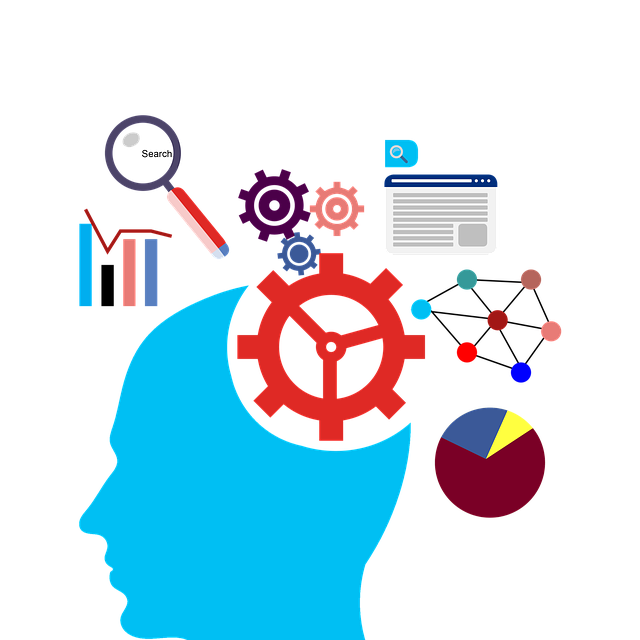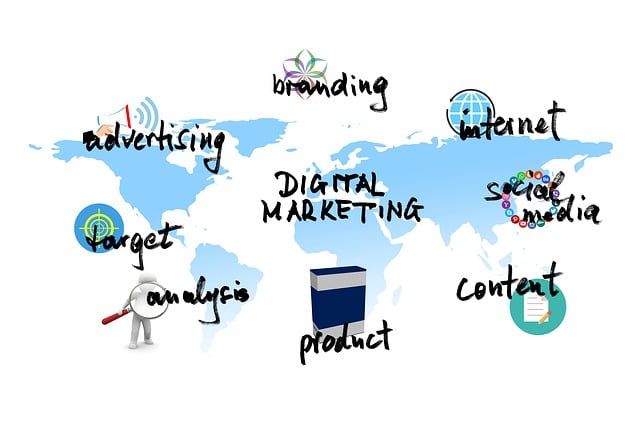Car repair businesses are adopting AI automation for automotive repair scheduling to optimize appointment management, reduce human error, and increase efficiency. AI algorithms analyze historical data to predict appointment volumes and staff needs, improving resource allocation and wait times. Efficient parts management through machine learning further enhances operations by minimizing delays from part shortages. AI-powered chatbots provide 24/7 support for customers, handle routine tasks, and offer personalized recommendations, building trust and loyalty in a competitive market.
Car repair businesses are constantly seeking ways to optimize operations and enhance efficiency. Artificial Intelligence (AI) offers powerful tools to achieve these goals, particularly in time-saving strategies. This article explores three key areas where AI can revolutionize car repair services: automating scheduling to reduce wait times, optimizing parts management for cost savings, and enhancing customer experiences through AI-driven communication. By implementing these AI time-saving strategies, automotive repair shops can improve productivity, customer satisfaction, and bottom line profitability.
- Streamlining Scheduling: How AI Automation Can Revolutionize Car Repair Appointments
- Efficient Parts Management: Leveraging AI for Inventory Optimization in Automotive Repair Shops
- Enhancing Customer Experience: AI-Powered Chatbots and Personalized Communication Strategies for Car Repair Businesses
Streamlining Scheduling: How AI Automation Can Revolutionize Car Repair Appointments

Car repair businesses can significantly enhance their operations by leveraging AI automation for scheduling appointments. Traditionally, managing appointments involves a lot of manual effort—from taking calls and sending reminders to confirming slots and rescheduling when needed. AI-driven systems, however, can streamline this process, reducing human error and increasing efficiency. These automated tools use sophisticated algorithms to analyze historical data, predict appointment volumes, and optimize staff schedules accordingly.
By implementing AI automation for automotive repair scheduling, businesses can offer more accurate estimated wait times to customers, improve staff utilization, and enhance overall service quality. This technology ensures that appointments are scheduled optimally, resources are allocated efficiently, and no client is left waiting unnecessarily.
Efficient Parts Management: Leveraging AI for Inventory Optimization in Automotive Repair Shops

Efficient Parts Management is a key area where AI can significantly revolutionize Automotive Repair Shops’ operations. By leveraging machine learning algorithms, these shops can optimize their inventory management processes and reduce time spent on parts procurement. AI systems can analyze historical data to predict demand for specific car models and parts, ensuring that the right components are available when needed. This proactive approach minimizes delays caused by part shortages, allowing technicians to focus more on repairs and less on sourcing replacement parts.
Additionally, AI automation in automotive repair scheduling integrates seamlessly with efficient parts management. Intelligent scheduling systems can consider factors like part availability, technician workload, and customer priorities to create optimized work orders. This streamlines the entire process from diagnosing issues to delivering completed vehicles, enhancing overall shop productivity and customer satisfaction.
Enhancing Customer Experience: AI-Powered Chatbots and Personalized Communication Strategies for Car Repair Businesses

In today’s digital era, car repair businesses are leveraging AI automation for automotive repair scheduling, significantly enhancing customer experience. AI-powered chatbots offer 24/7 availability to answer routine queries, schedule appointments, and provide real-time updates on service status. This not only saves customers time but also reduces the administrative burden on garage staff, allowing them to focus on more complex tasks that require human expertise.
By integrating personalized communication strategies, AI chatbots can gather customer preferences and history to offer tailored recommendations. For instance, a chatbot could suggest routine maintenance packages based on vehicle age or mileage, or notify customers about potential issues before they become costly repairs. This level of personalization fosters trust and loyalty among customers, setting car repair businesses apart in a competitive market.
AI has the potential to revolutionize car repair businesses by streamlining operations and enhancing efficiency. From automating scheduling to optimizing parts management, these strategies not only save time but also improve customer satisfaction. By implementing AI-powered chatbots and personalized communication, repair shops can offer a more convenient and engaging experience for their clients. Embracing these AI time-saving strategies is a smart move for any automotive business looking to stay competitive in today’s digital era.
